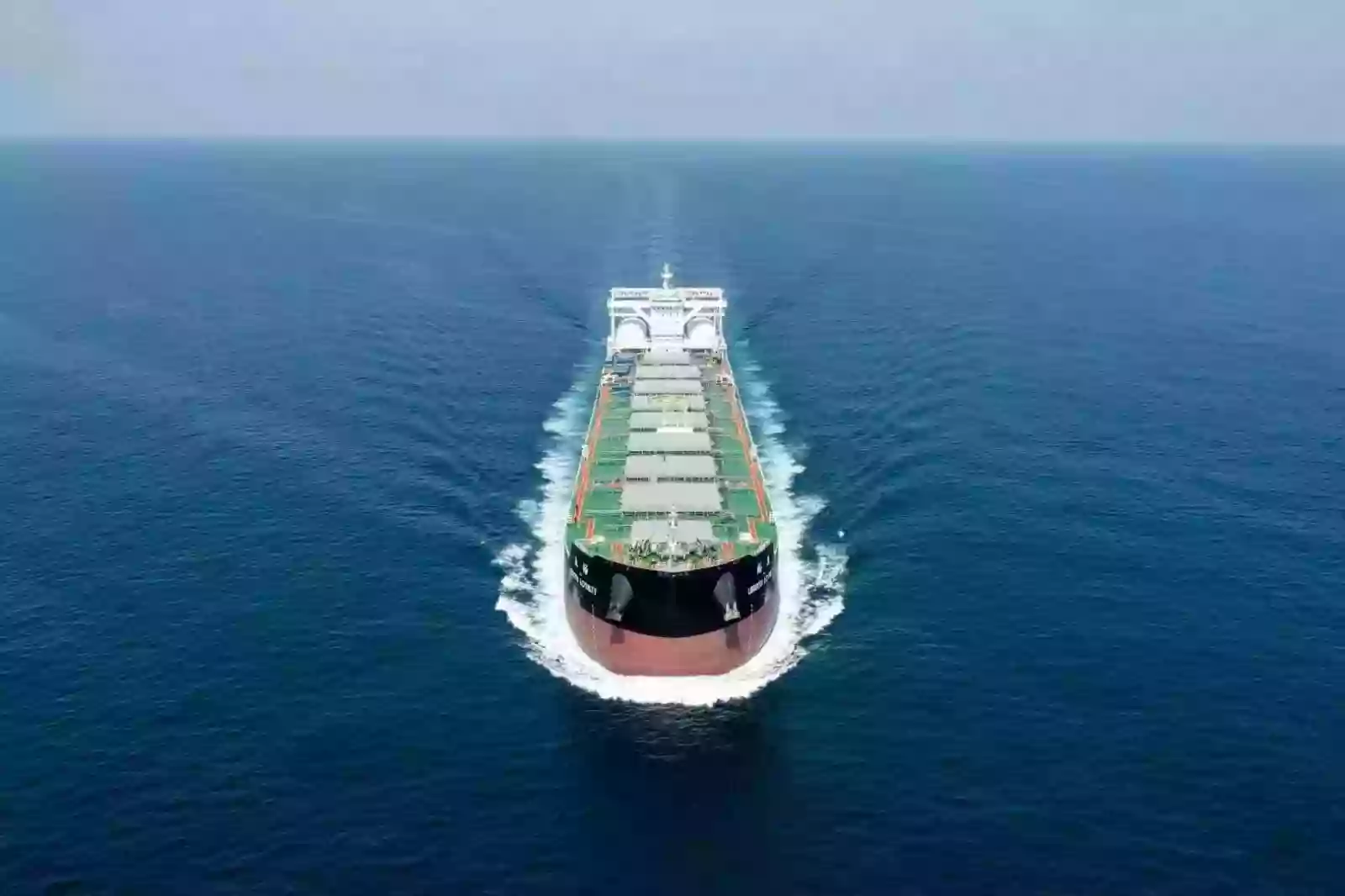Taaza TV Exclusive: Samik Bhattacharya says "BJP won't repeat 2021 mistakes" | Watch
.gif)
.gif)

Tata Steel, a leading steel major in India, has taken pioneering steps in sustainability by adopting several "industry first" initiatives. In a significant milestone for the country's maritime sector, Tata Steel becomes the first Indian company to import cargo using a bulk carrier that utilizes Liquified Natural Gas (LNG) as fuel, replacing the traditional Very Low Sulfur Fuel Oil (VLSFO).
The revolutionary vessel, named 'MV Ubuntu Unity,' successfully docked at Dhamra Port on July 24, offloading 1,65,700 metric tonnes of coal. The ship's arrival marks a new era of sustainable maritime practices in India, setting a benchmark for other industries to follow.
Ranjan Sinha, Group Head of Shipping at Tata Steel, along with other executives of Tata Steel and Dhamra Port, received the vessel at the port. Looking ahead, Tata Steel aims to import 1 million tonnes of coking coal from Australia in FY24, utilizing LNG vessels to reduce carbon emissions.
Dhamra Port, recognizing the significance of reducing emissions, has also granted special privileges to LNG vessels as part of Tata Steel's endeavor to minimize its Scope 3 emissions.
MV Ubuntu Unity, on its journey from Gladstone Harbor, Australia, employed LNG during its ballast stage (Tianjin to Gladstone) and a mixture of LNG and traditional fuel during its loaded stage (Gladstone to Dhamra). This resulted in 1,800 tonnes less carbon emissions, a 35% reduction compared to traditional Baltic spec Cape vessels. The use of LNG as a cleaner fuel on bulk carriers aligns with the global efforts to combat climate change, making it a vital part of the zero-carbon journey.
Equipped with cutting-edge technology, the vessel significantly reduces carbon emissions, contributing to Tata Steel's commitment to sustainability. Peeyush Gupta, Group Vice President of Strategic Purchasing and Supply Chain at Tata Steel, highlighted the company's previous sustainability efforts, including deploying a biofuel-powered ship, MV Frontier Sky, in December 2021, another first for any Indian steelmaker.
Looking ahead, Tata Steel aims to continue its decarbonization efforts by making 10% of its total import shipments through alternative fuel vessels in FY24, emphasizing innovation and collaboration with partners to achieve its sustainability goals. The company's initiatives represent a major leap towards a greener and more sustainable future for the steel industry in India and beyond.